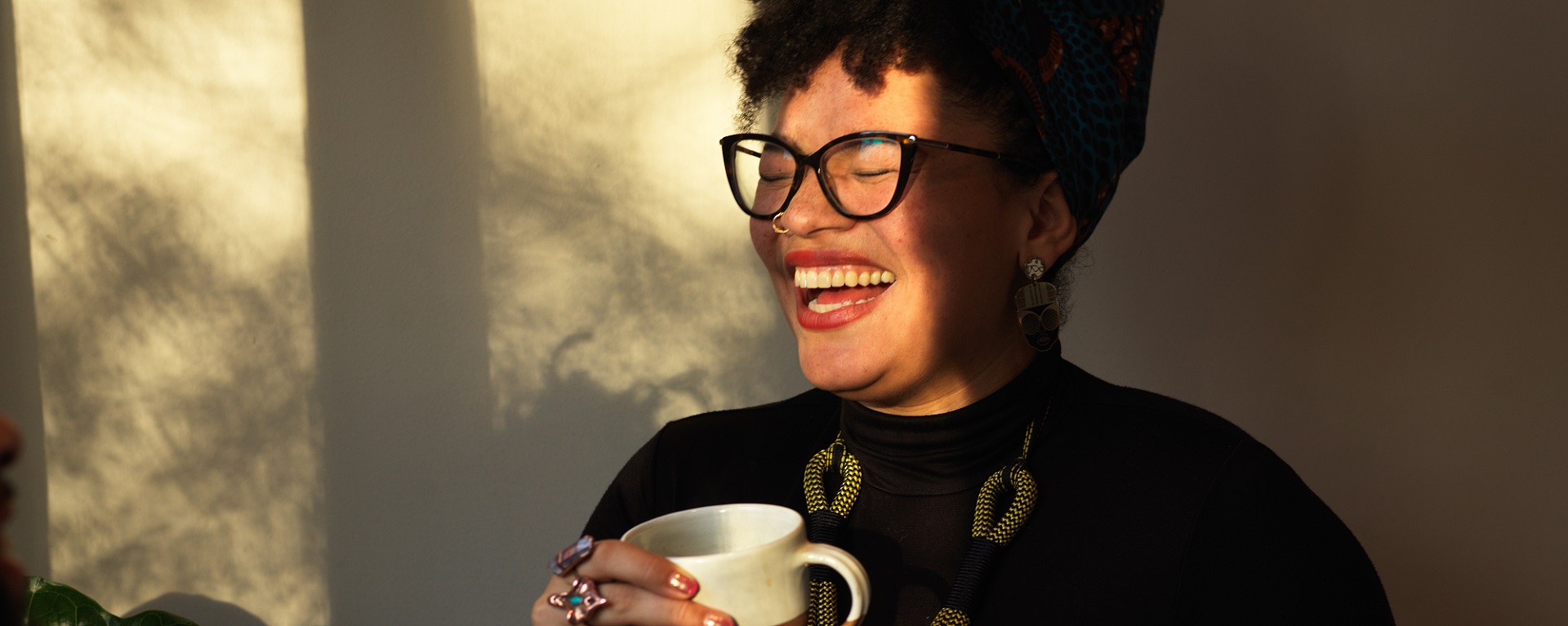2020-09-07

The concept of employer branding has spread far and fast in recent years. Today, over 70% of leaders worldwide say that employer branding has a significant impact not just on attraction and retention, but also in driving business success. In this article, we highlight three essential areas that you need to focus on to ensure your employer brand stays relevant. To exemplify, we draw on the experiences of Scandic Hotels, that despite being hit the hardest by the corona crisis, they have taken great steps with their employer brand in recent years.
If you want to build a great employer brand, the starting point is always your people and culture, it’s about building from within. Your culture shapes your employer brand, so it’s not surprising that a strong brand demands an equally strong culture.
A few years ago, Scandic Hotels realised that they would need to make a cultural change in order to meet the high ambitions for the business. One of the challenges was that the organisation was overly hierarchical, with decision-making too far removed from the people in daily contact with the guests.
Scandic decided to make a big investment in empowering its people and living its values. And the work has paid off. The company has succeeded in building a culture of greater openness and innovation, where people can take initiative. The result is a much better experience for both employees and guests. Scandic’s values – “Be a pro, Be bold, Be caring and Be you” – now resonate much more clearly with its people and are being lived in the day-to-day work.
Anyone involved with branding will tell you that storytelling is essential. But what makes a good story? Daniel Kirchhoff, Communication Director at Scandic Hotels in Denmark, has put a lot of thought into this question. It is his job to find Scandic’s untold stories and share them.
It’s about truth and authenticity, Daniel says, not the polished typical marketing communications. Stories about people and everyday life at the hotels, connecting with what’s going on in society and the world around. The key is to find universal themes that everyone can identify with and then connect them with the brand.
The stories he finds are certainly hitting home. Scandic Denmark made the national news many times, lastly with a piece about a chef at one of its hotels – being visually impaired and cooking excellent food. This contrasts with the findings of a national survey of Danish employers, where 91% said they would not employ blind people. Another strong story concerned an employee who had been unemployed for 24 years before becoming a valued member of the housekeeping staff.
And sometimes what becomes a hit it’s surprising. Staff at a hotel recognised for its work on inclusion arranged a spontaneous party for the manager when she came back with the award. One employee captured the moment on a mobile phone and posted the film to Facebook. The picture and sound were far from professional quality, but the film quickly became one of the most-viewed Scandic Hotel films ever on social media.
The secret of this success is that the films are authentic cases reflecting the inclusive culture Scandic has worked so hard to build – being bold enough to trust people and new ways of working. Daniel Kirchhoff sums it up neatly: “My focus is building the brand through the people and not the product. For me, it’s a company’s culture and ‘why’ you buy in on both as customer and employee, and there is a huge potential in unfolding that externally in the different communication channels.”
Building the culture is just the start – you need to monitor both employee and customer feedback continuously to stay on track and drive further success.
To ensure this, Scandic Hotels has invested in a survey program and a digital learning platform to gain valuable feedback and insight. The ongoing focus on transforming the culture is reflected in the survey results, which show better alignment with the values and greater pride in working for Scandic Hotels. More employees are now ambassadors who promote the company.
The right approach to building culture, and the right tools to measure and support it over the long term, have had a significant effect on recruitment and business for Scandic Hotels. More people are getting in touch and expressing an interest in joining the company, often because of the Scandic people stories. The number of guests had increased also, and many of them mentioned the stories as a factor in choosing the hotel. “We see that more sales are connected to the relations and the emotions we create not the information about our rooms, our beds being polished and clean.”
Naturally, every employer brand is unique. But many of the most successful ones have reached a common conclusion – that long-term success depends on meaningful relationships and the connecting power of human feelings.
Employer branding has a significant impact not just on attraction and retention, but also in driving business success. By building the brand from within with a strong culture, telling true and authentic stories about the people and everyday life at the company that anyone can identify with and, finally, by monitoring both employee and customer feedback continuously can you ensure your employer brand stays relevant and strong.
Prenumerera och få ett mail av oss till din e-post när det finns nya blogginlägg från alla våra expertområden att läsa på vår webbplats!
Ja, jag vill prenumerera på Kantar Sifos blogginlägg från alla expertområden.
Genom att klicka på "Prenumerera" godkänner jag Integritetspolicy